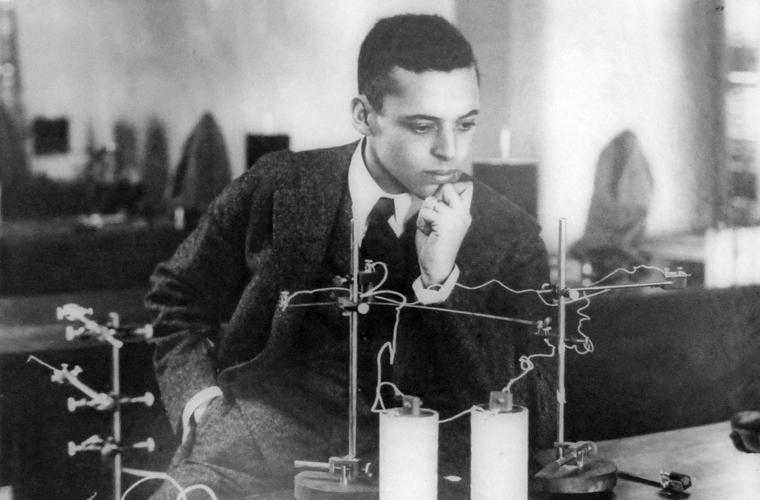Ernest Everett Just was a pioneering African American biologist, zoologist, and physiologist. Born on August 14, 1883, in Charleston, South Carolina, Just overcame significant racial barriers to become a leading figure in the field of marine biology and cell physiology. His groundbreaking research on fertilization and early development in marine invertebrates laid the foundation for our modern understanding of cell biology.
Just’s early education was marked by racial segregation and discrimination. Despite these obstacles, he excelled academically and was awarded a scholarship to attend Dartmouth College, where he earned a bachelor’s degree in 1907. He then went on to pursue graduate studies at the University of Chicago, where he conducted research on the physiology of development in marine organisms. In 1916, Just joined the faculty at Howard University, where he established himself as a prominent researcher and educator. He also spent time conducting research in Europe, where he collaborated with leading scientists and furthered his studies in marine biology. Throughout his career, Just faced discrimination and limited opportunities due to his race, but he persevered and continued to make significant contributions to the field of biology.



One of Just’s most notable achievements was his research on the fertilization process in marine invertebrates. He demonstrated that the egg cell plays an active role in the fertilization process, challenging the prevailing belief that fertilization was solely the result of the sperm’s actions. This work laid the groundwork for our current understanding of cell membranes and their role in fertilization and early development. In addition to his research, Just was also a passionate advocate for equal rights and opportunities for African Americans in the sciences. He spoke out against racial discrimination and worked to create more inclusive environments within academic and scientific institutions. His efforts helped pave the way for future generations of African American scientists and researchers.
Just’s contributions to the field of biology were widely recognized during his lifetime, and he received numerous awards and honors for his work. Despite facing significant challenges and obstacles throughout his career, Just’s dedication to scientific inquiry and his pioneering research continue to have a lasting impact on the field of biology.
Ernest Everett Just passed away on October 27, 1941, leaving behind a legacy of groundbreaking research and a commitment to advancing our understanding of the natural world. His work continues to inspire scientists and researchers to this day, and his contributions to the field of biology remain an important part of his enduring legacy.

